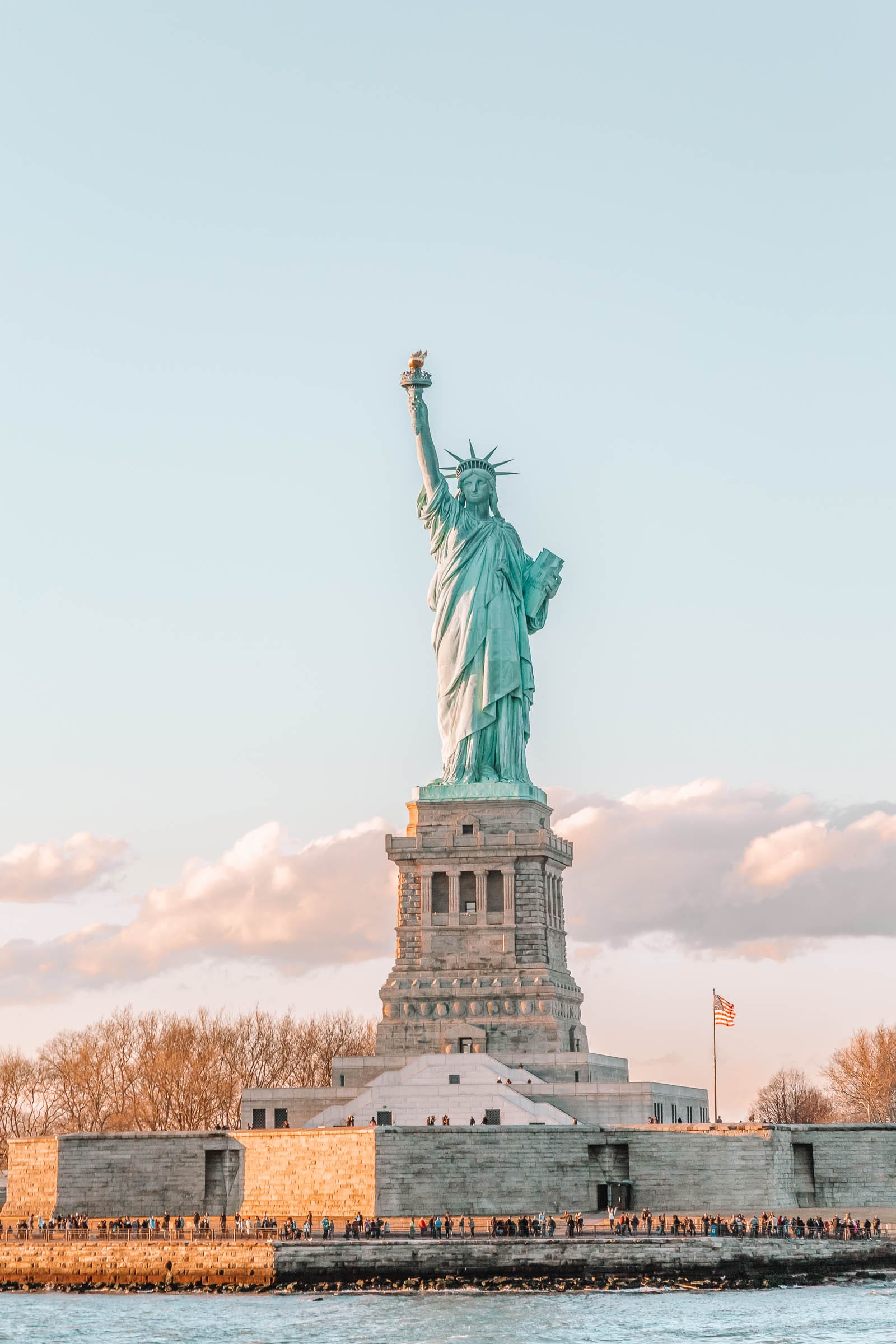Summary

First things first – what are the big 5?
The Big 5 refers to the African Elephants, Black and White Rhinoceros, Lions, Leopards, and Buffalos. My fascination with wildlife makes the notion of focusing solely on five principal animals during a safari an intriguing concept. Nonetheless, it is instinctual for humans to desire what is scarce, which explains the widespread interest in the Big 5.
Why are they called the big 5?
This terminology does not pertain to their size. The phrase “Big 5” originated from hunters in the past to describe the five most challenging and formidable animals to pursue and capture. Naturally, as safaris gained popularity, marketers within the industry adopted this term as a successful promotional strategy, transforming it into a prevalent desire for visitors to experience the Big 5 on safari.
Random facts about the big 5
1.) Surprisingly, among the Big 5, the Buffalo are regarded as one of the most hazardous (to hunters), often ambushing their aggressors. Given that herds can comprise up to 100 individuals, this can pose significant risks. Interestingly, even lions preferentially avoid buffalos when alternative prey is available. (Evidence can be found here)
2.) Despite their seemingly benign demeanor, elephants are quite dangerous and are reportedly the most likely to charge when provoked, their strength can escalate situations rapidly.
3.) The large felines (lions and leopards) are primarily, though not exclusively, nocturnal. They are mainly active during the night, although the lions we observed were often at rest during nighttime and active throughout the day.
On the beach… #CapeTown #SouthAfrica #MuizenbergBeach
A photo posted by GoTravelDaily (@hloblog) on Oct 23, 2015 at 7:35am PDT
The Big 5 Photos
While I have a plethora of photographs from our safari experience to demonstrate, here are some images of the Big 5 that we encountered during our recent expedition!




Check Out The Very Best Of Great Britain!
Check out our YouTube channel for travel videos!
AfricaKruger National ParkSouth Africa




